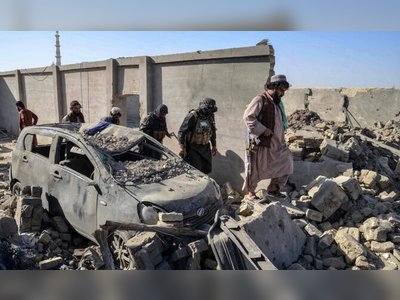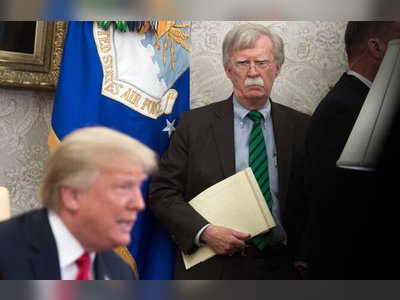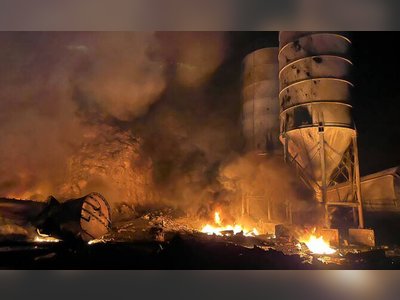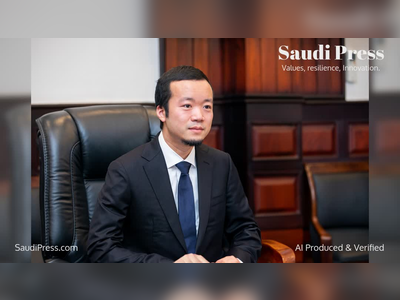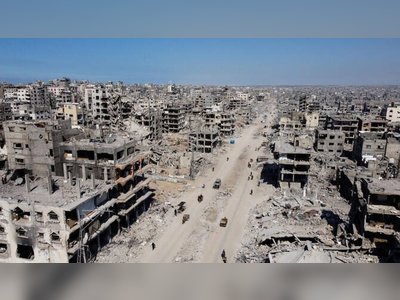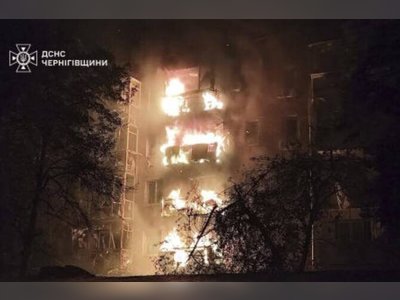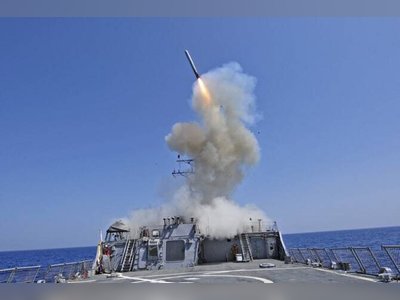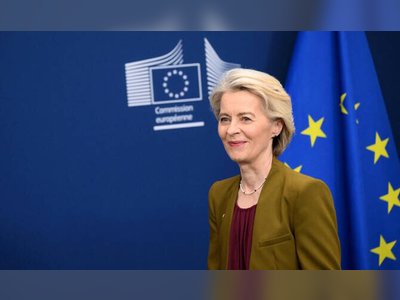Ofcom Rules BBC’s Gaza Documentary ‘Materially Misleading’ Over Narrator’s Hamas Ties
Ofcom, the UK regulator overseeing broadcast standards, has determined that the BBC documentary Gaza: How to Survive a War Zone breached its rules by omitting crucial information about its narrator. The film, which focused on the experiences of children in Gaza, did not disclose that one of its teenage narrators, Abdullah al-Yazouri, is the son of Ayman al-Yazouri — a senior figure in the Hamas-run Gaza government. Ofcom ruled this omission “materially misleading” and said the failure undermined the trust viewers place in BBC factual programming.
According to Ofcom, the broadcaster deprived its audience of “critical information” that viewers would require to evaluate the narrator’s credibility and perspective. The regulator concluded that the error had the potential to erode the “very high levels of trust” the public expects in BBC journalism. In its verdict, Ofcom accepted that the documentary was removed from the BBC’s iPlayer service in February and that an internal BBC review had already confirmed editorial failings on accuracy.
The BBC had commissioned an independent review, led by Peter Johnston, director of editorial complaints and reviews, which determined that the documentary breached its internal standards on accuracy. That review found no evidence of interference or breach of impartiality, and attributed the primary responsibility to the external producer, Hoyo Films, for not disclosing the narrator’s family background to the BBC before broadcasting. The BBC acknowledged “serious flaws” and apologized, promising transparent corrective measures.
Ofcom has directed the BBC to broadcast a statement about the ruling on its 9 p.m. news slot and has reserved the right to impose further sanctions. Officials said the move marks one of the most serious breaches Ofcom can judge, given its centrality to audience trust in factual programming. The broadcaster accepted the decision “in full” and pledged compliance with any sanction.
In its response, the BBC said it had not been informed by Hoyo Films of Abdullah’s parentage prior to transmission. The broadcaster added that it would reassess the work for future broadcasts and incorporate further editorial disclosures. The suspension of the documentary, and the regulatory decision, have intensified debate over transparency, credibility, and news coverage in the context of the Israel–Gaza conflict.


